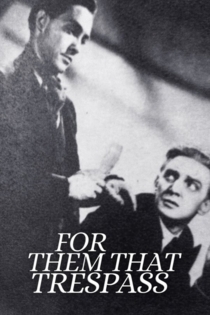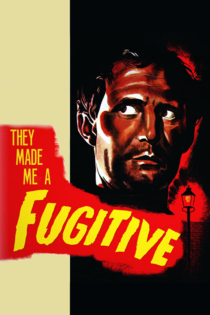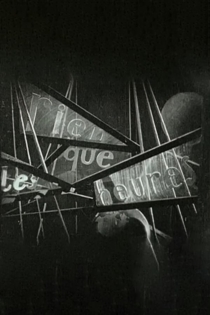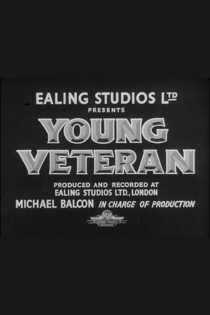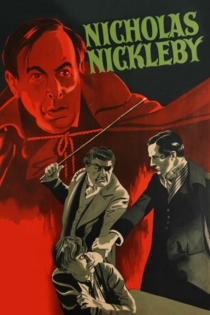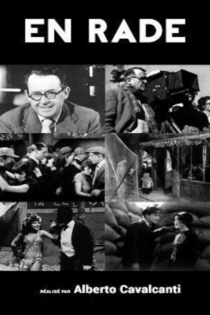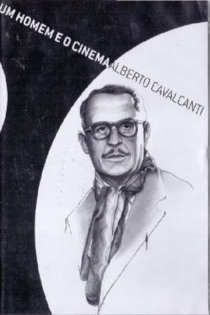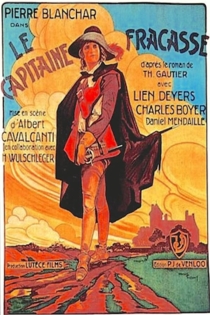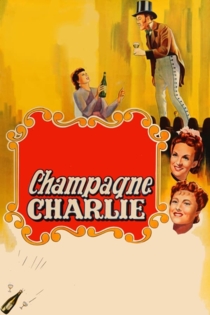
Alberto Cavalcanti
1897 - 1982Cavalcanti corresponded with Marcel L'Herbier, a leading light in France's avant-garde film movement. This led to a job offer from L'Herbier for Cavalcanti to work as a set designer. So, in 1920 he left his job at the Consulate and moved back to France to work for L'Herbier; he was to be involved in the making of numerous films, the most notable being L'Inhumaine.
He was soon making his own films, in 1926 directing his first, Rien Que les Heures (Nothing But Time) — a day in the life of Paris and its citizens. In 1927 he collaborated with Walter Ruttmann on a similar project set in Berlin, called Berlin: Die Sinfonie der Großstadt (Berlin: Symphony of a Big City).
Cavalcanti took a job with Paramount's French studios after the talkies came in, but he found himself making more commercial films which could not hold his interest and left Paramount in 1933. In the same year he returned to England to work for John Grierson's GPO Film Unit. He was involved in many capacities, from production to sound engineer. He was to spend seven years at the GPO Film Unit, working on many projects. Much of his work at the GPO was uncredited, he acted as a mentor to many new film makers, but in 1937 he was appointed acting head of the GPO Film Unit when Grierson left for Canada. When told that the only way the position could become permanent was to become a naturalized British citizen, he decided to leave the unit.
In 1940 Cavalcanti joined Ealing Studios, under the leadership of producer Michael Balcon. He worked as an art editor, producer and director. His most notable works of this period (many of them propaganda films) were Yellow Caesar (1941), Went the Day Well? (1942), Three Songs of Resistance (1943), Champagne Charlie (1944), Dead of Night (as co-director) (1945) and Nicholas Nickleby (1947). In 1946 Cavalcanti left Ealing over a dispute about money. He went on to direct three more films in the UK, before returning to Brazil in 1950.
In Brazil he worked as a producer for Companhia Cinematográfica Vera Cruz; the company eventually became insolvent. After being blacklisted as a communist in Brazil, he decided to move back to Europe in 1954. He eventually settled in France, where he continued his work in television. He died in Paris in 1982 at the age of 85.
La visite de la vieille dame
Alberto Cavalcanti
Mary Marquet, Louis Arbessier
Adaptation for TV of the play by Friedrich Durrenmatt. A very rich old lady arrives in her nearly bankrupt native village. She is ready to come to the rescue but only if her old lover who had once abandoned her pregnant is killed.
La visite de la vieille dame
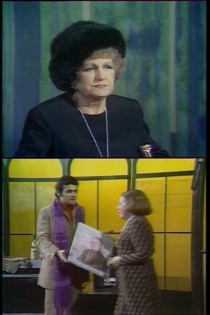
Went the Day Well?
Alberto Cavalcanti
Leslie Banks, Mervyn Johns
The quiet village of Bramley End is taken over by German troops posing as Royal Engineers. Their task is to disrupt England's radar network in preparation for a full scale German invasion. Once the villagers discover the true identity of the troops, they do whatever they can to thwart the Nazis plans.
Went the Day Well?
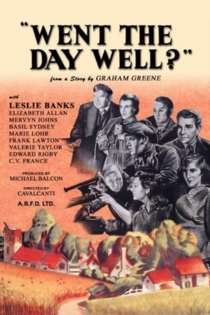
Dead of Night
Basil Dearden, Charles Crichton
Mervyn Johns, Roland Culver
Architect Walter Craig, seeking the possibility of some work at a country farmhouse, soon finds himself once again stuck in his recurring nightmare. Dreading the end of the dream that he knows is coming, he must first listen to all the assembled guests' own bizarre tales.
Dead of Night
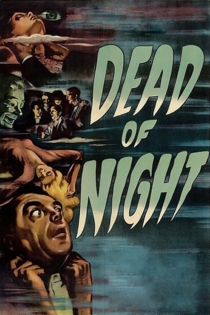
Paris Cinéma
Jean Mitry, Pierre Chenal
Carmen Boni, Augusto Genina
The first behind-the-scenes documentary in the film industry, from the making of a camera (Debrie) to studio shooting and directing, including animation techniques. Pierre Chenal meets André Rigal who executes, in his workshop, a series of freehand drawings. These sketches are then ground in a coffee grinder, from which a cartoon on film emerges. In Champigny, Alain Saint-Ogan and his host are working on Zig et Puce and developing Alfred the penguin's first steps. In Fontenay-sous-Bois, Ladislas Starewitch presents his future stars. Pierre Chenal described his film as follows: “I had designed to shoot a documentary in which I would show how a film is made in order, at the same time, to learn it myself. "
Paris Cinéma
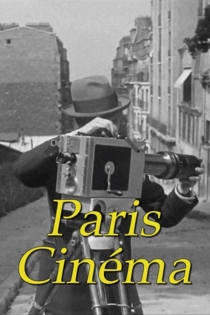
O Canto do Mar
Alberto Cavalcanti
Aurora Duarte, Cacilda Lanuza
In the drought areas of Northeastern of Brazil, groups of migrants move trying to find better place to live, at least with water. Some of them go to Recife, to get a vessel to Santos expecting to have a better life in the Southern. In the poor area of Recife, an old washerwoman launders clothes to survive and support her family. Her husband Zé Luis, a former sailor, is crazy due to a hit of the boom of a mast on his head. Her older son Raimundo works in a grocery and selling mangoes on the street, trying to save money to move to the Southeastern with his girl-friend Aurora. Her daughter wants to be a prostitute to have a better quality of life. Her younger son is seriously sick.
Song of the Sea
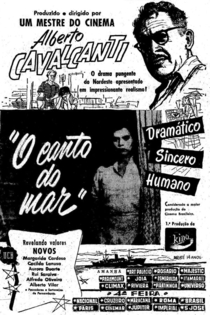
Simão, o Caolho
Alberto Cavalcanti
Mesquitinha, Raquel Martins
A one-eyed businessman wants to become rich and retrieve his lost eye at any cost. He tries many schemes, and eventually regains his eye with a vengeance: the power of invisibility. He becomes multi millionaire in the meat market and after entering politics he is elected president of Brazil.
Simão, o Caolho
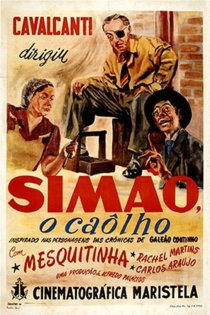
For Them That Trespass
Alberto Cavalcanti
Richard Todd, Patricia Plunkett
In this drama, a frustrated upper-class writer decides that he will find real inspiration by examining his subjects first-hand. This leads him to begin wandering about the seamiest side of town where he witnesses a murder. When an innocent man is arrested, the writer refuses to assist him as the knowledge that he has been "slumming" could destroy his career. The young man is sentenced to 15 years in prison.
For Them That Trespass
